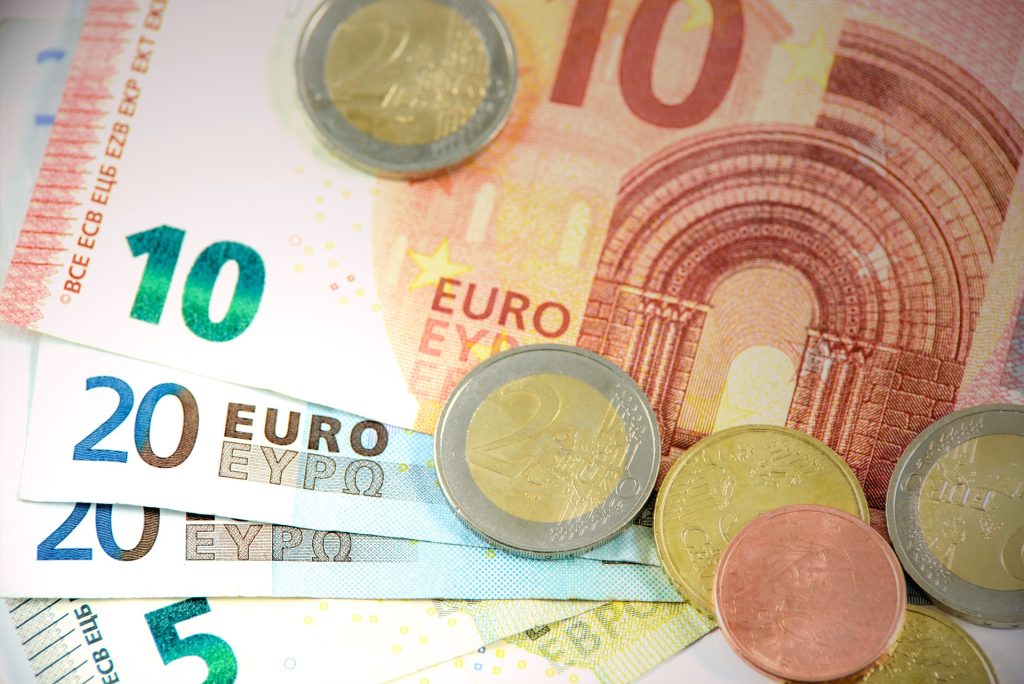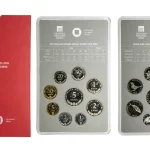December 15, 2023 – As of January 1, 2024, the banks, Fina and Croatian Post will stop providing Croatian kuna exchange services. Kuna banknotes and coins will only be exchanged at the Croatian National Bank.
In the exchange of Croatian kuna for euro in the Croatian National Bank, there will be no limit on the amount exchanged, nor will there be a fee for the exchange, writes 24Sata. The Croatian National Bank (CNB) will permanently exchange kuna banknotes, while coins will be exchanged within three years from the date of introduction of the euro, i.e. until December 31, 2025 at the latest, the CNB announced.
Citizens will be able to exchange the remaining kuna onthe counter of the Croatian National Bank at the address Franje Račkoga 5, Zagreb, and amounts of less than HRK 15,000.00 can be delivered for exchange via postal services to the address Hrvatska narodna banka, Direkcija za pohranu, obradu i opskrbu gotovim novcem, Trg hrvatskih velikana 3, 10000 Zagreb.
To exchange kuna coins in the amount of HRK 40,000.00 or more, or more than 1,000 coins, it is necessary to announce your arrival to the e-mail address: gotov.novac@hnb.hr, specifying the amoun. Other conditions for exchanging kuna into euro at the Croatian National Bank will be published on the Croatian National Bank’s website by the end of this year.
On December 14 of this year, of the 500,000,000 banknotes that were in circulation and in the reserves of the Croatian National Bank in mid-2022, about 438,600,000, or 88%, were returned, but only 760,500,000 of the 3 billion coins in circulation were returned, or 25%. On December 13 of this year, there were 4.66 billion kuna in circulation, which means that this is the remaining amount of kuna cash that citizens can still exchange.
“If we compare this data on the remaining value of kuna in circulation with HRK 14.7 billion, which was in circulation at the end of last year, it is a reduction of about 68%. Please note that, even though the amount of cash is decreasing, the experience of the countries that introduced the euro shows that all the cash of the former currency is never replaced”, notes the CNB.
After the withdrawal, the kuna coins are kept in the facility in the Croatia Barracks until the expiration of the exchange period of three years. Along with their withdrawal from circulation, kuna banknotes are stored in the vaults of the Croatian National Bank and successively destroyed on banknote processing systems that have the possibility of destroying them and which count each cut copy.












